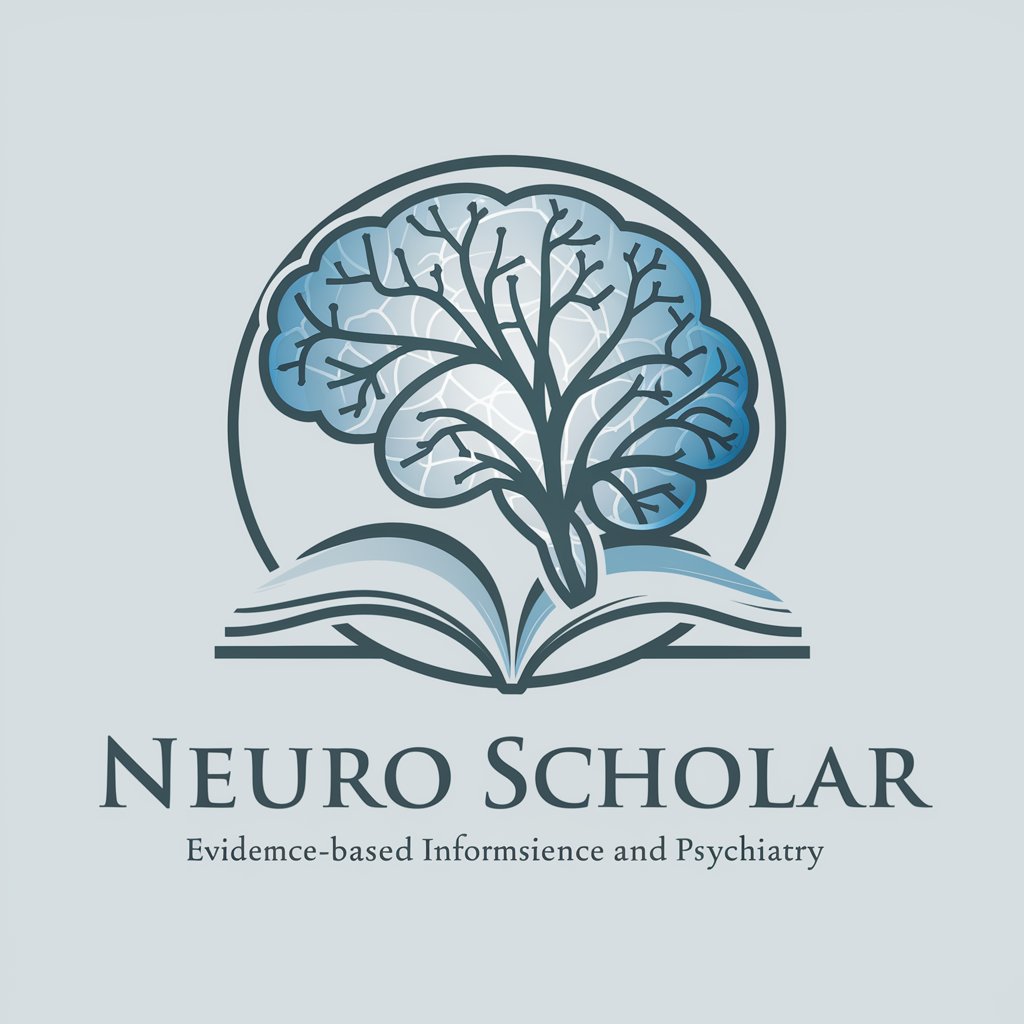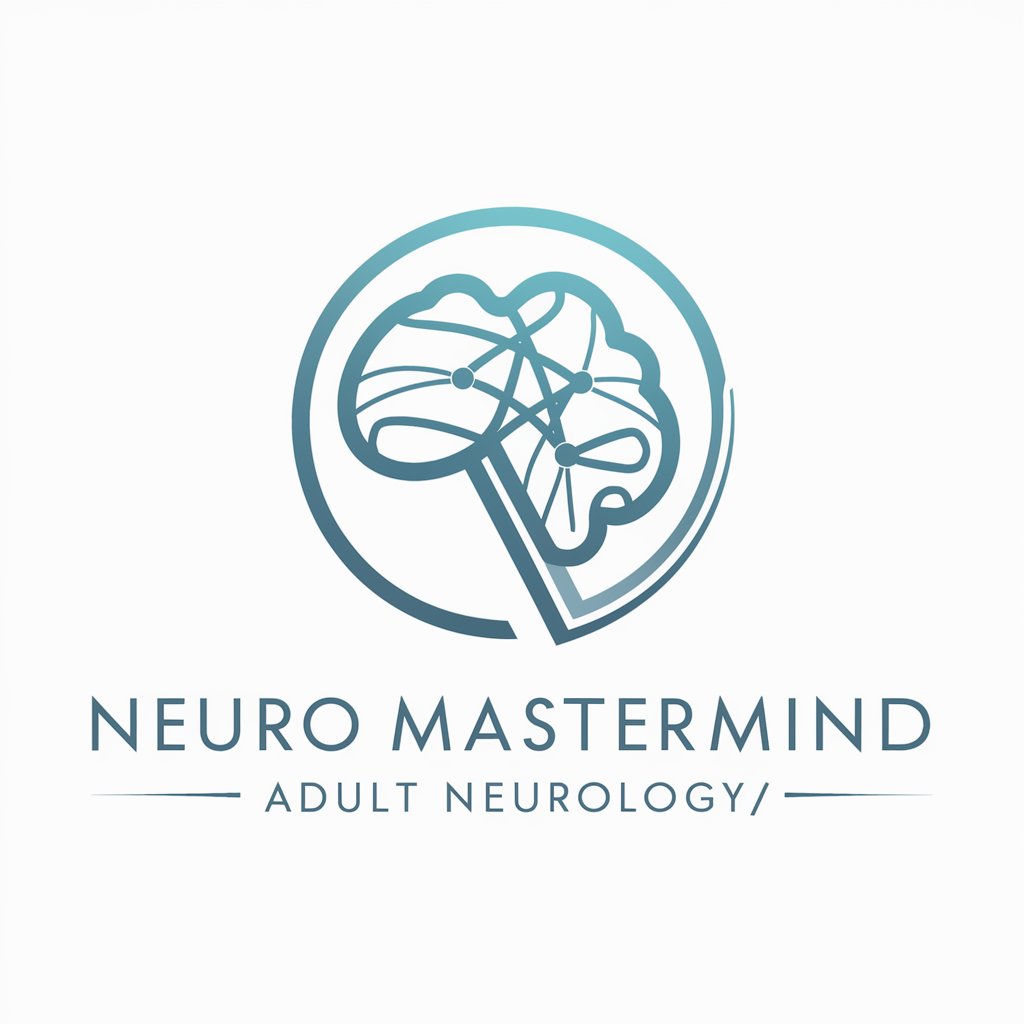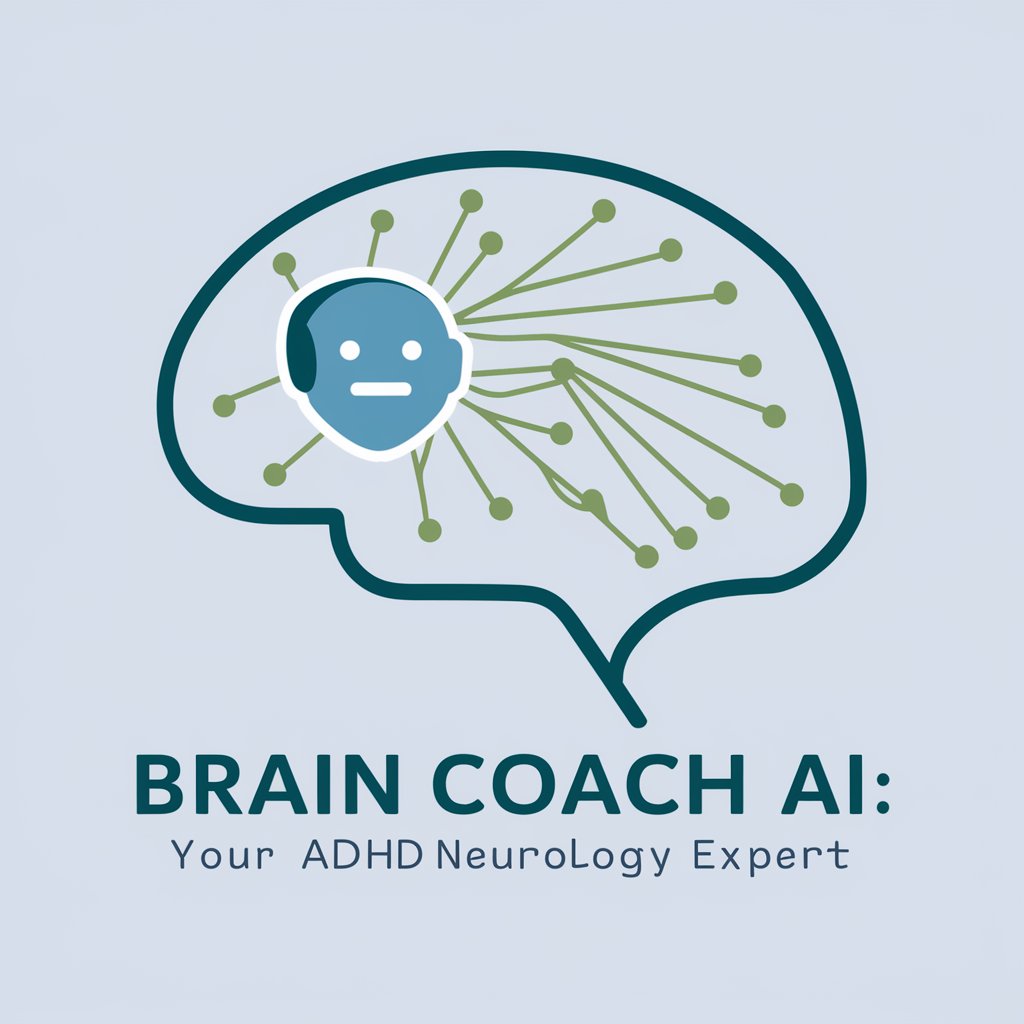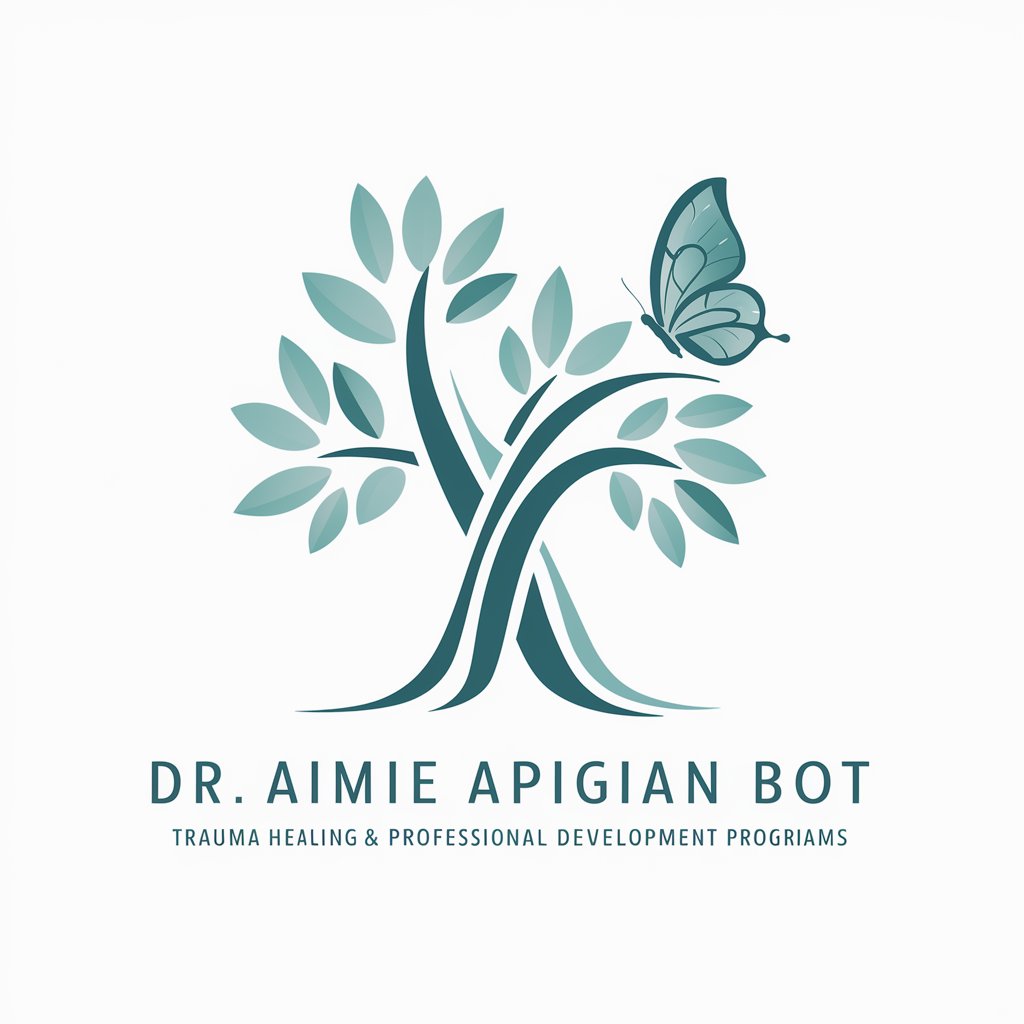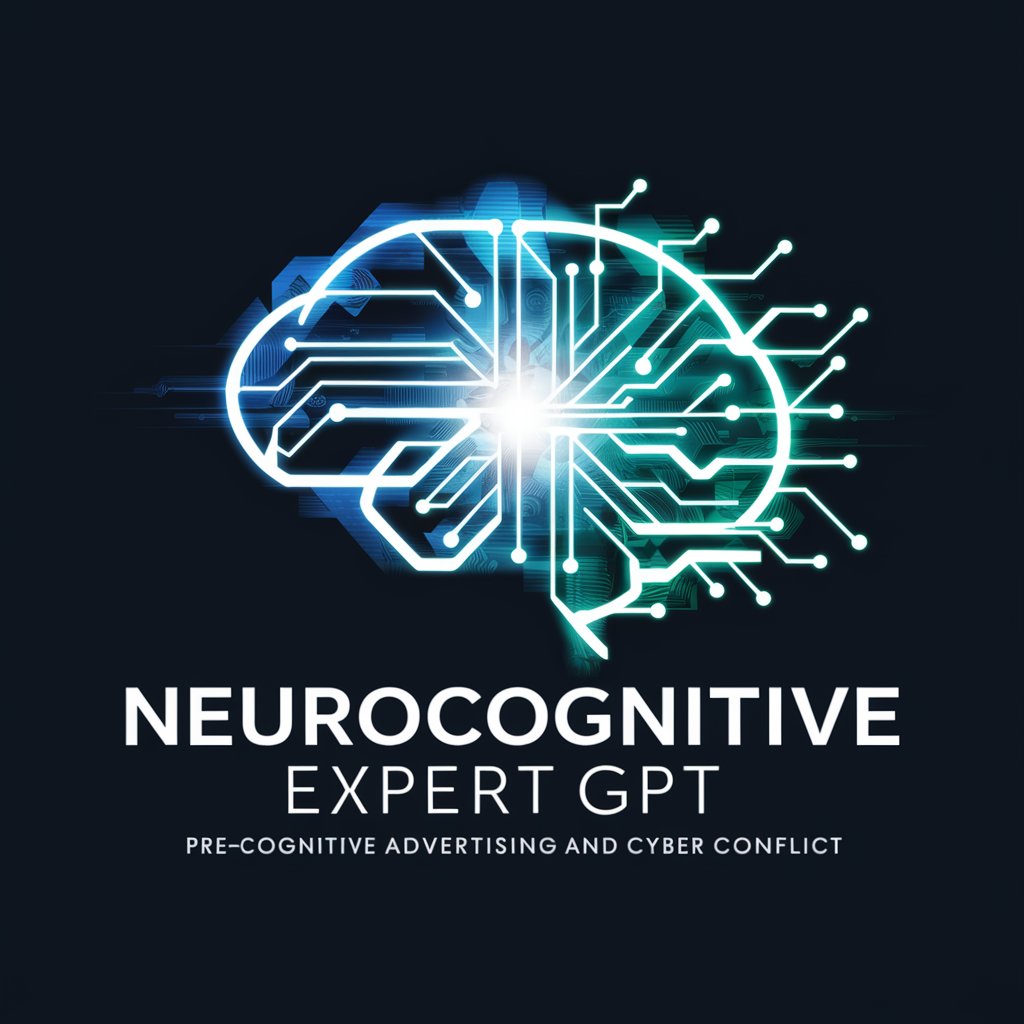
Adverse Childhood Experiences and The Brain - Educational Insight Tool
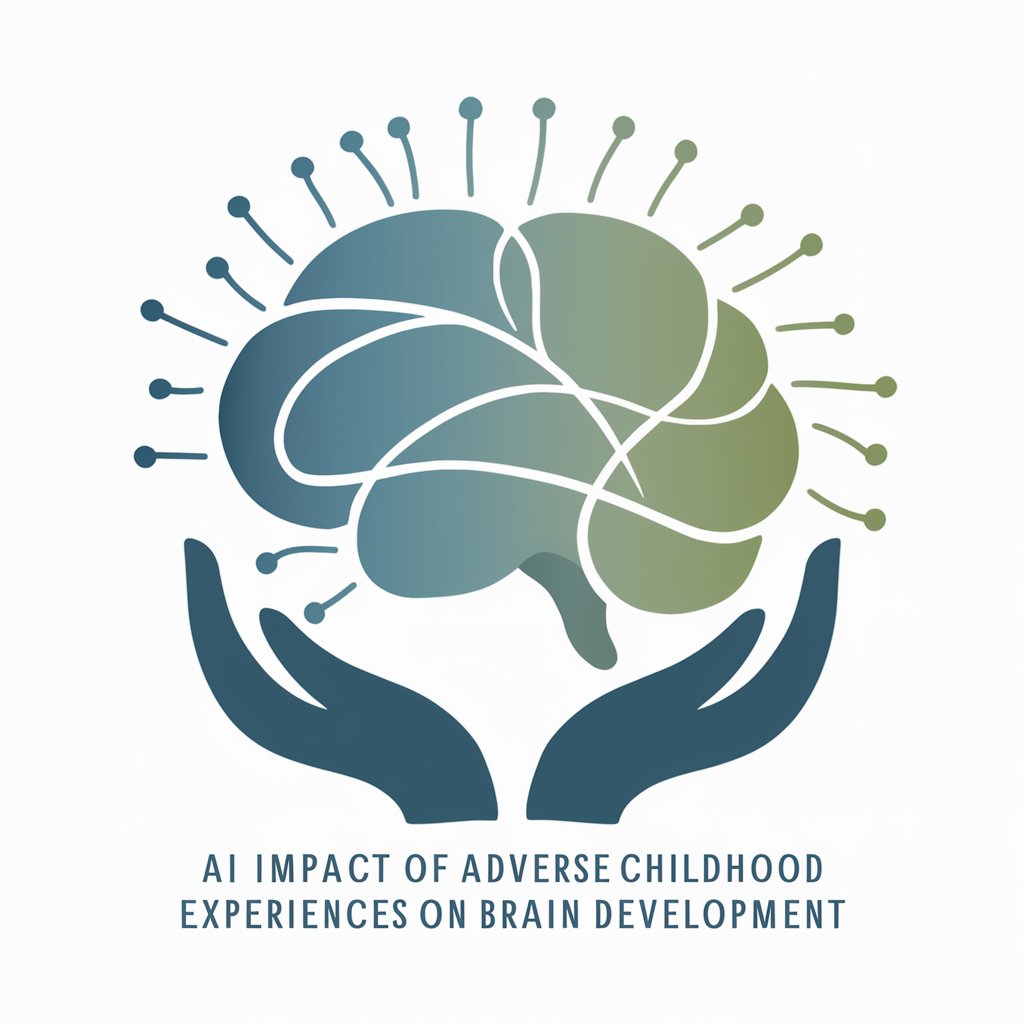
Welcome! Ready to explore the impact of childhood trauma on the brain?
Discover How Childhood Shapes The Brain
How do adverse childhood experiences affect brain development according to Martin Teicher's research?
What are the key findings from the ACE study on emotional abuse and brain changes?
Can you explain the impact of household substance abuse during childhood on brain development?
How does the timing of parental separation influence brain development in children?
Get Embed Code
Introduction to Adverse Childhood Experiences and The Brain
Adverse Childhood Experiences and The Brain is designed to explore and explain the impacts of early adverse experiences on brain development and functioning. My role is to provide detailed information on how such experiences can affect neurological and psychological development based on extensive research, particularly that of Dr. Martin Teicher. I offer insight into the mechanisms through which trauma can alter brain structures and functions, such as the stress response systems and brain connectivity. An example of this would be explaining how exposure to emotional abuse during critical developmental periods can lead to changes in the amygdala, potentially increasing the risk for anxiety disorders. Powered by ChatGPT-4o。

Main Functions of Adverse Childhood Experiences and The Brain
Detailed Trauma Analysis
Example
Utilizing the modified Adverse Childhood Experiences (ACE) questionnaire, I can analyze specific traumas and their timing in relation to brain development stages. For instance, determining the impact of witnessing domestic violence at age 7 on the development of the prefrontal cortex.
Scenario
A user can provide their specific experiences and receive an analysis of potential brain alterations based on current scientific understanding.
Educational Resource
Example
I provide explanations on how different types of trauma affect brain regions like the hippocampus or frontal lobes, using accessible language and analogies, such as comparing brain development to the construction of a building where early traumas can lead to a shaky foundation.
Scenario
Educators or caregivers can use this information to better understand the children in their care, adjusting approaches to teaching or caregiving.
Support and Guidance
Example
Offering suggestions on coping mechanisms or therapeutic approaches that might be beneficial based on the types of trauma experienced.
Scenario
Individuals seeking to understand their own experiences or mental health professionals looking for insights into a client's background could use this function to tailor interventions.
Ideal Users of Adverse Childhood Experiences and The Brain
Mental Health Professionals
Therapists, counselors, and psychologists who require a deeper understanding of how adverse childhood experiences affect brain development to better support their clients' therapeutic processes.
Educators and Caregivers
Teachers, social workers, and caregivers who work with children and need to understand the potential impacts of early trauma to provide sensitive and supportive educational or home environments.
Individuals Exploring Personal Trauma
People who have experienced trauma themselves and are seeking to understand the potential effects on their own brain development and psychological health, possibly aiding in their healing journey.

Using Adverse Childhood Experiences and The Brain
1
Start by visiting yeschat.ai for a no-login, free trial.
2
Explore the provided ACE questions to reflect on personal childhood experiences.
3
Use the answers to these questions to learn about potential impacts on brain development.
4
Access educational resources and studies by Dr. Martin Teicher to understand the science behind your results.
5
Consider discussing your findings with a healthcare professional to explore further implications.
Try other advanced and practical GPTs
Childhood Trauma Repair
Heal Trauma with AI Guidance
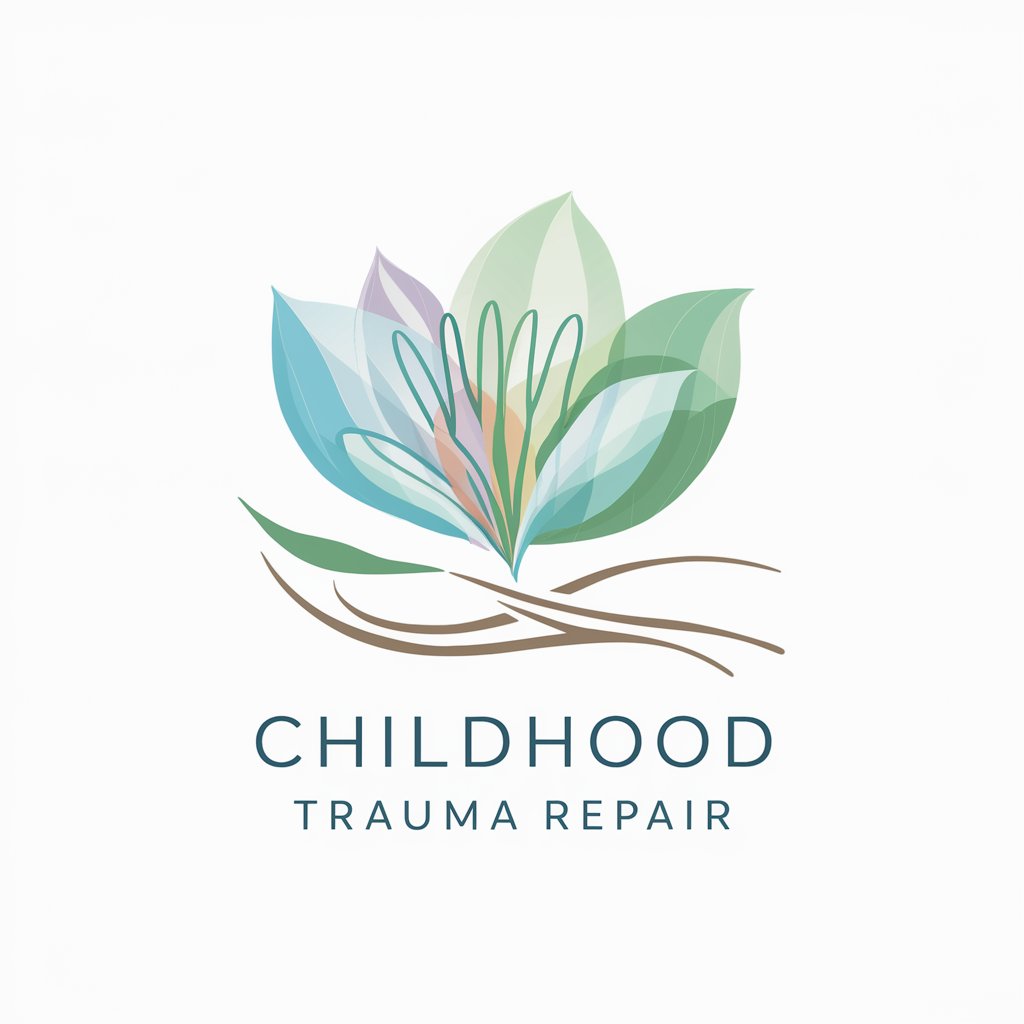
Childhood Friend Girl
Bringing Your Photos to Life, Artistically
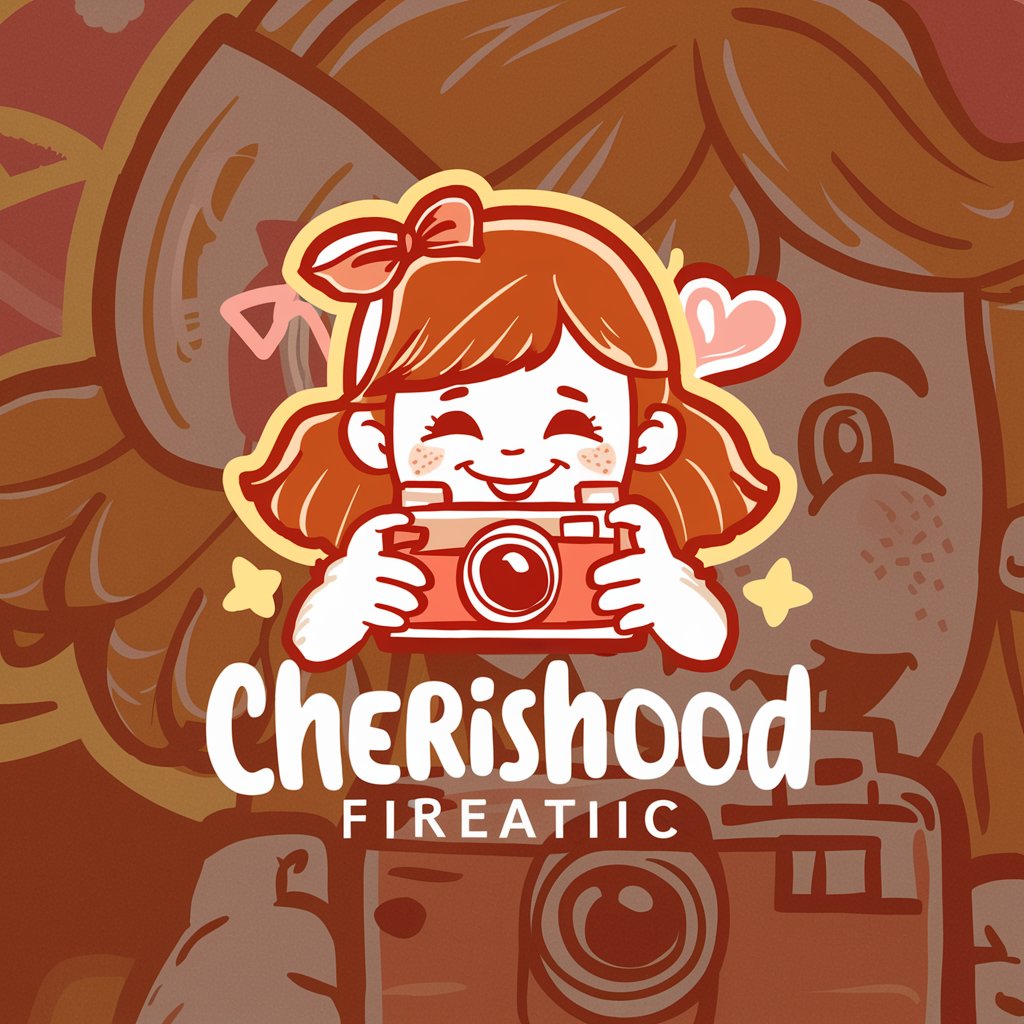
Childhood Explorer
Imagining Futures, Inspiring Children
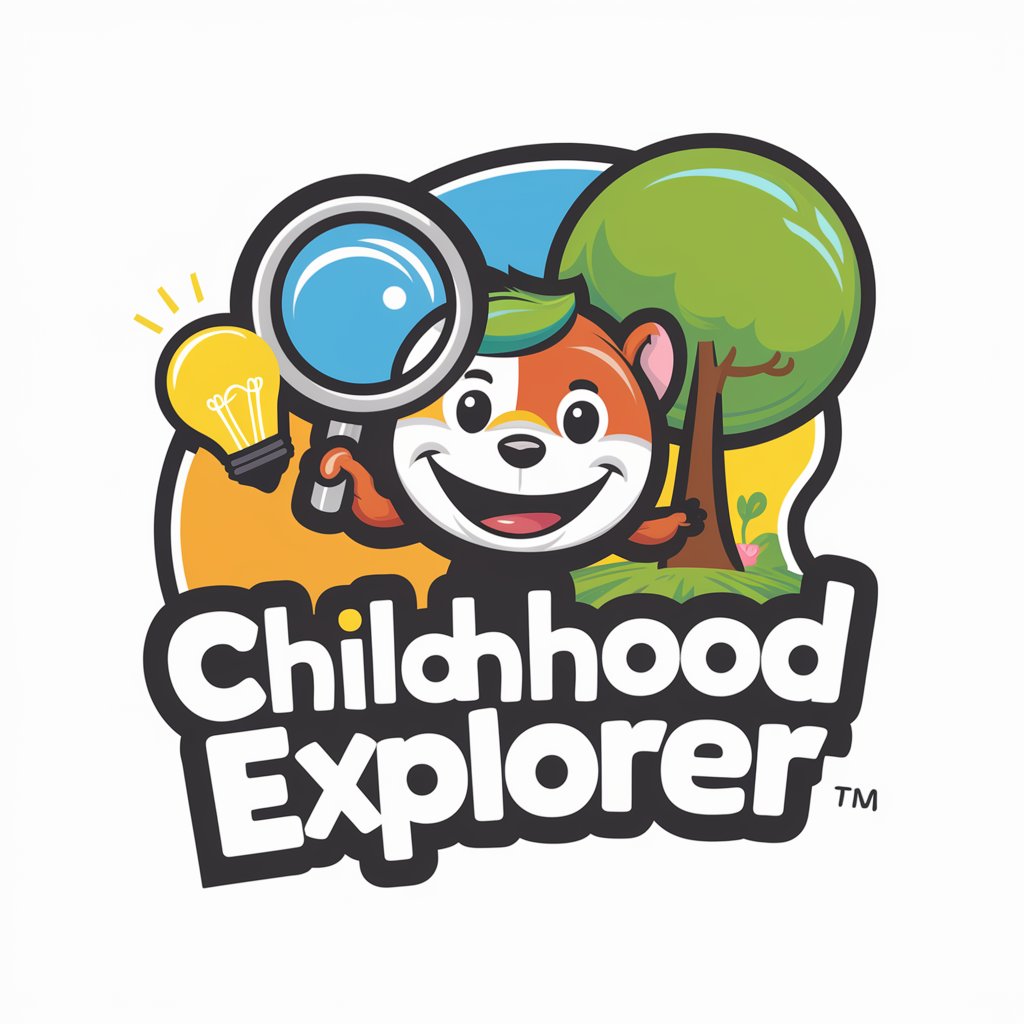
Early Years Childhood Development
Empowering early development with AI
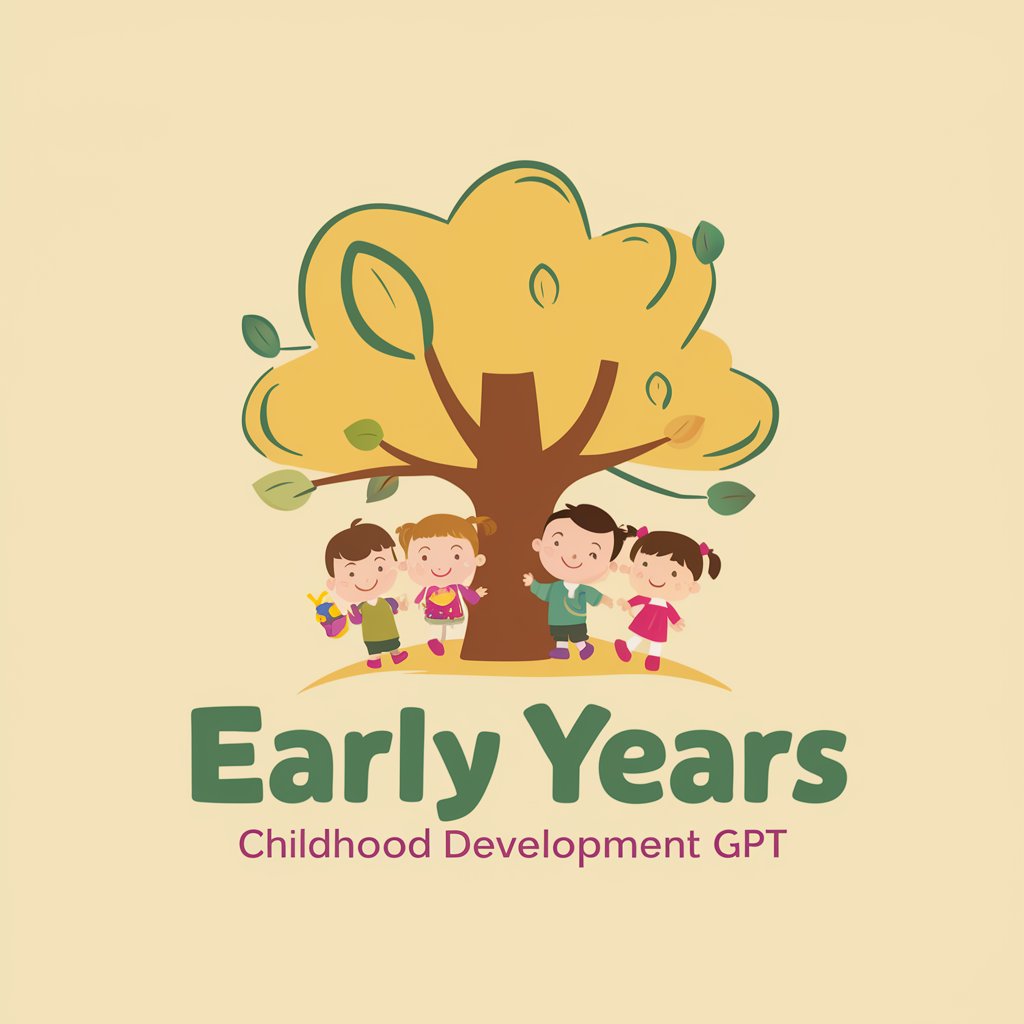
真正在上研究生的杨鹏达
Simplifying EEG Analysis with AI
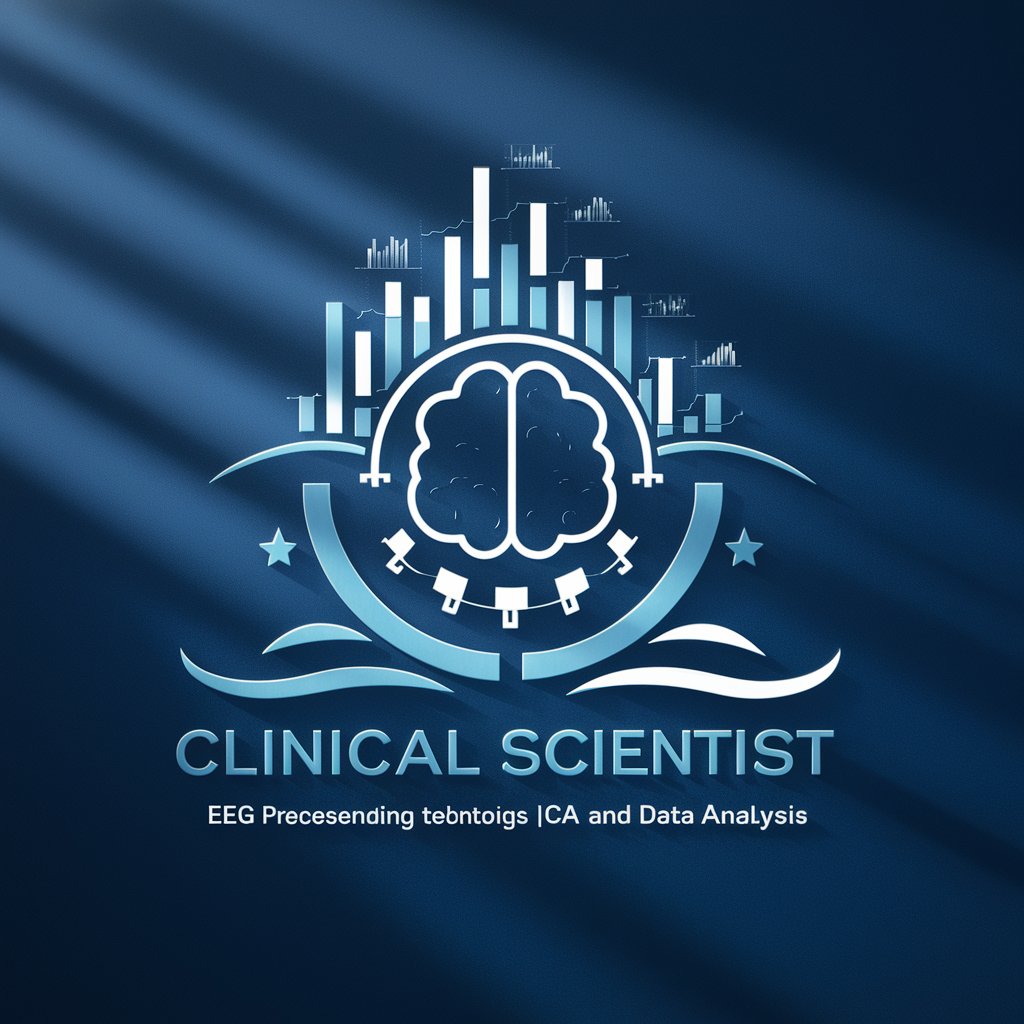
御要望の10枚連写・写真生成GPT
Craft visuals with AI creativity.
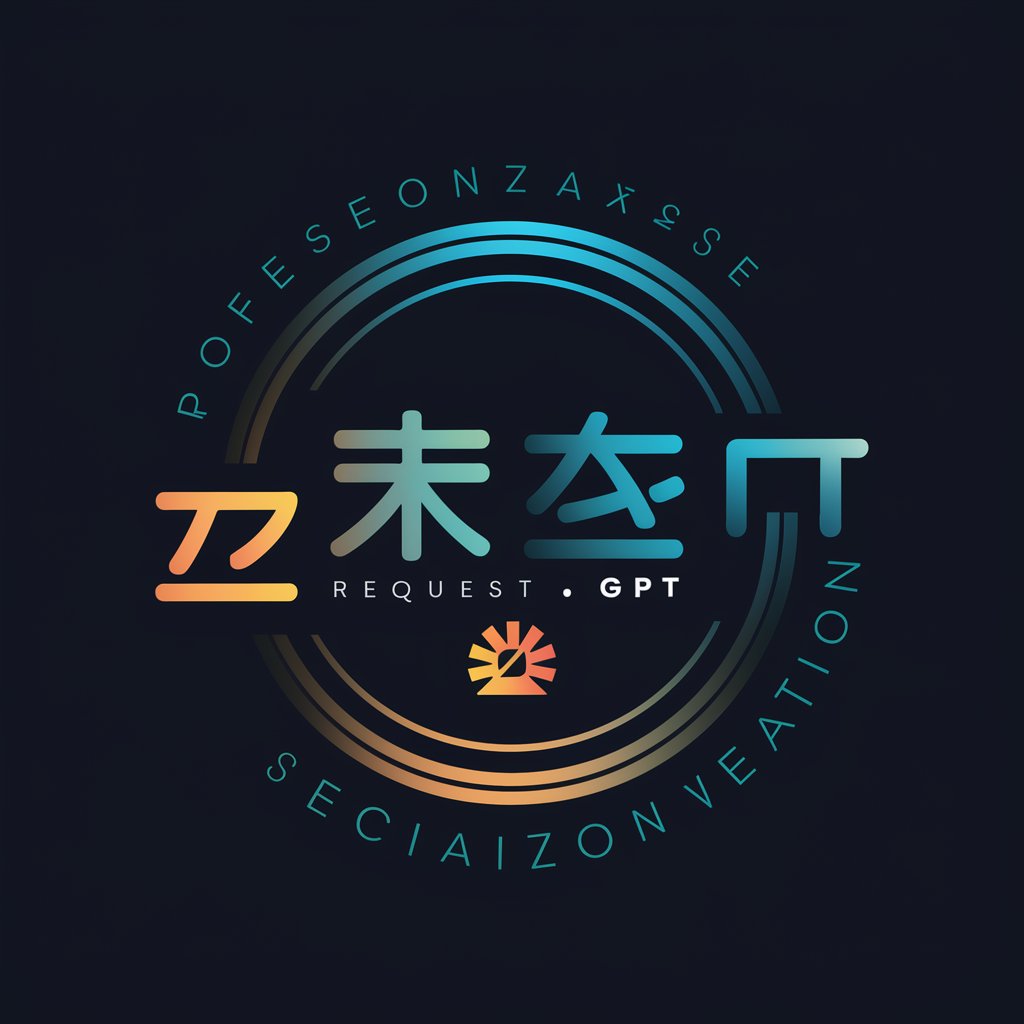
ChildhoodTraumaGPT
Healing Past Traumas with AI Guidance
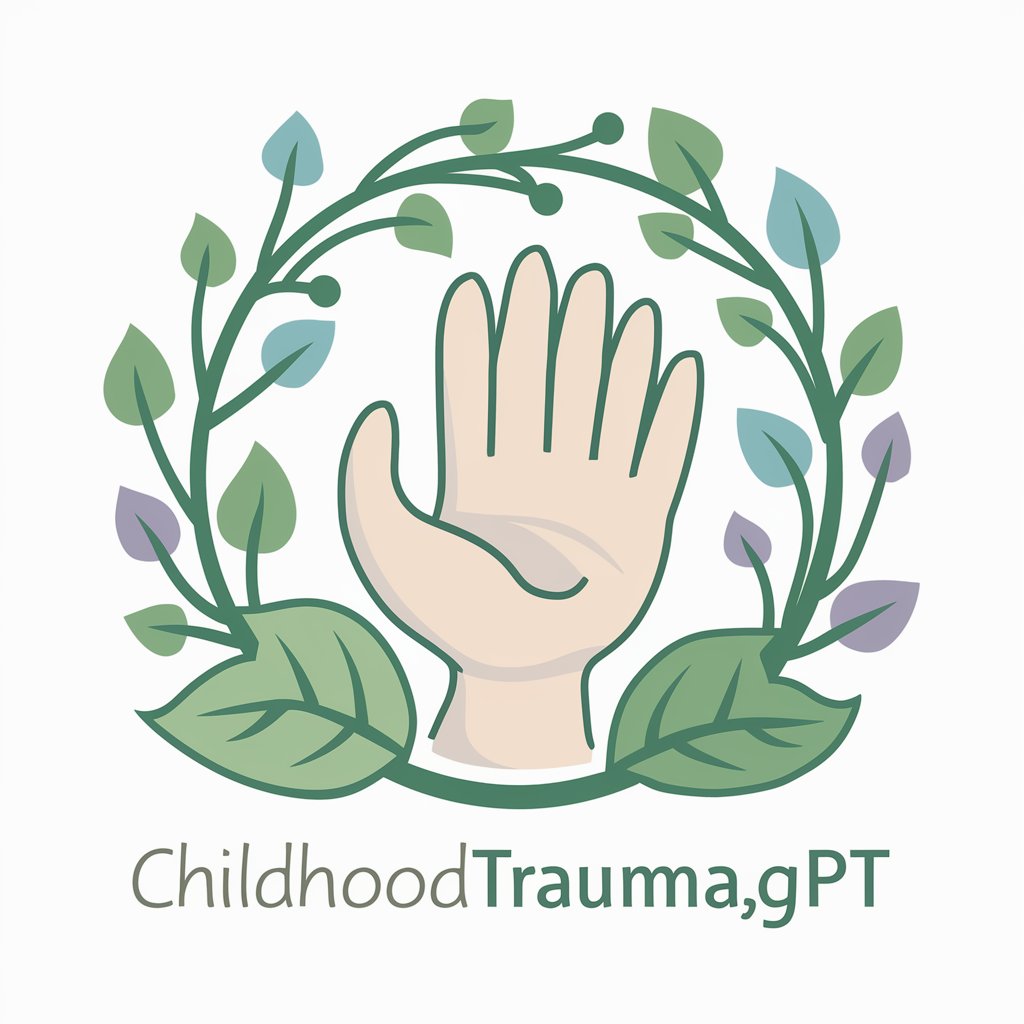
Insights into Early Childhood Peer Relationships
Empowering Childhood Connections
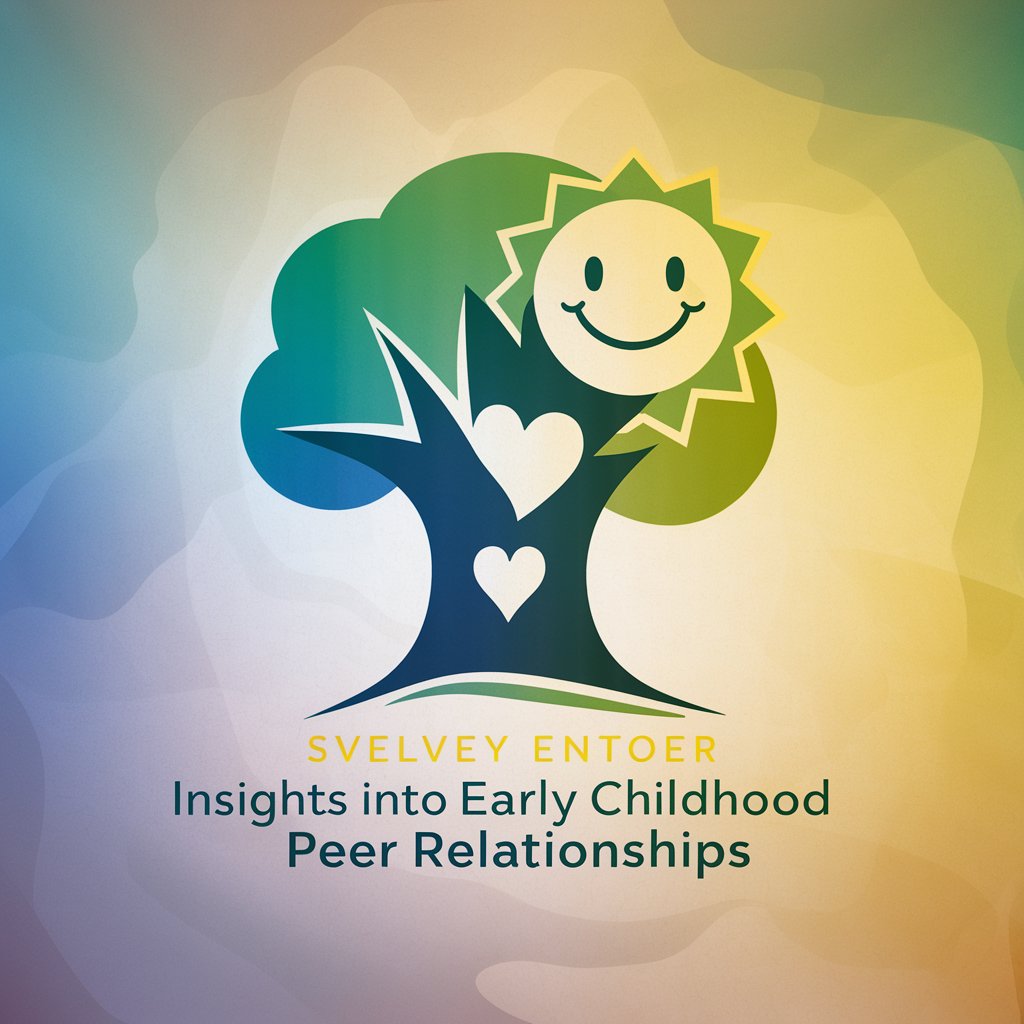
Te Whāriki - Early Childhood Curriculum
Empowering young learners through holistic and inclusive education.
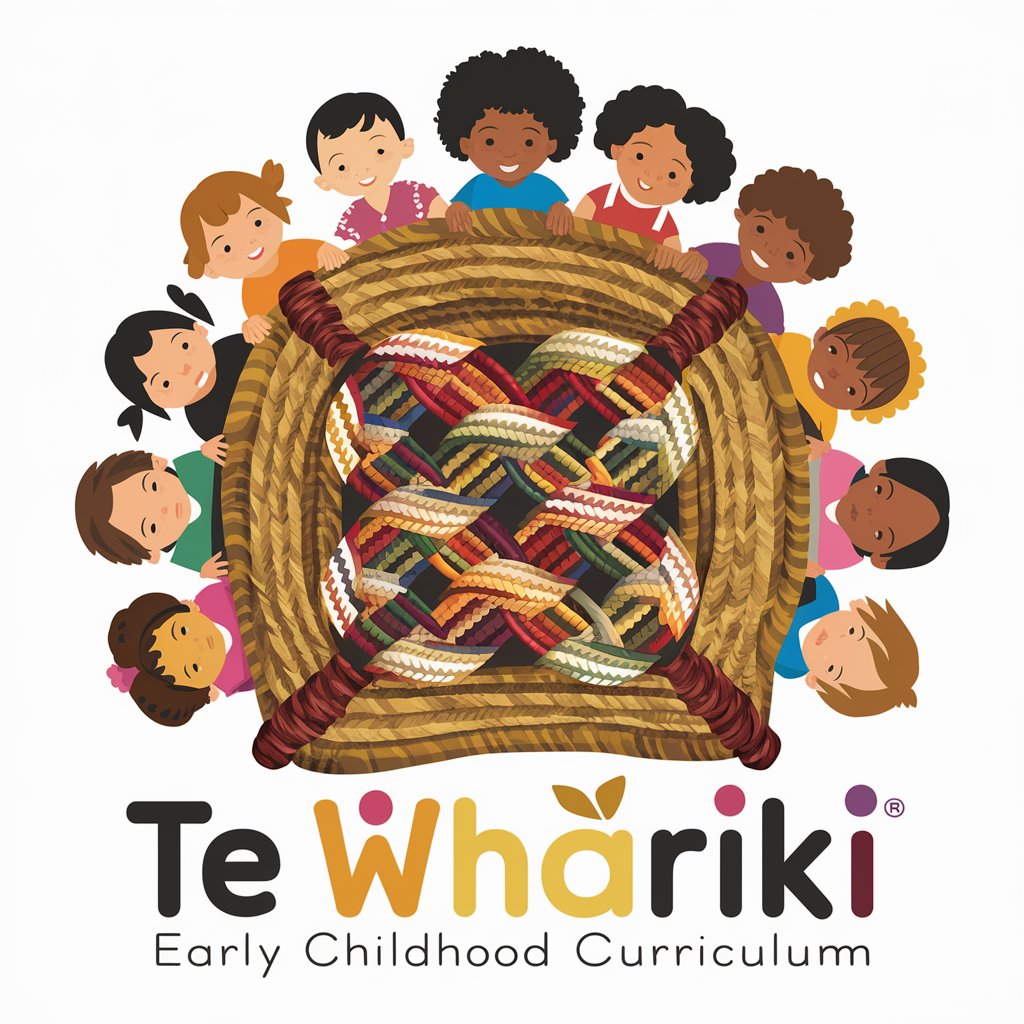
法律導航
Navigating Legal Complexity with AI
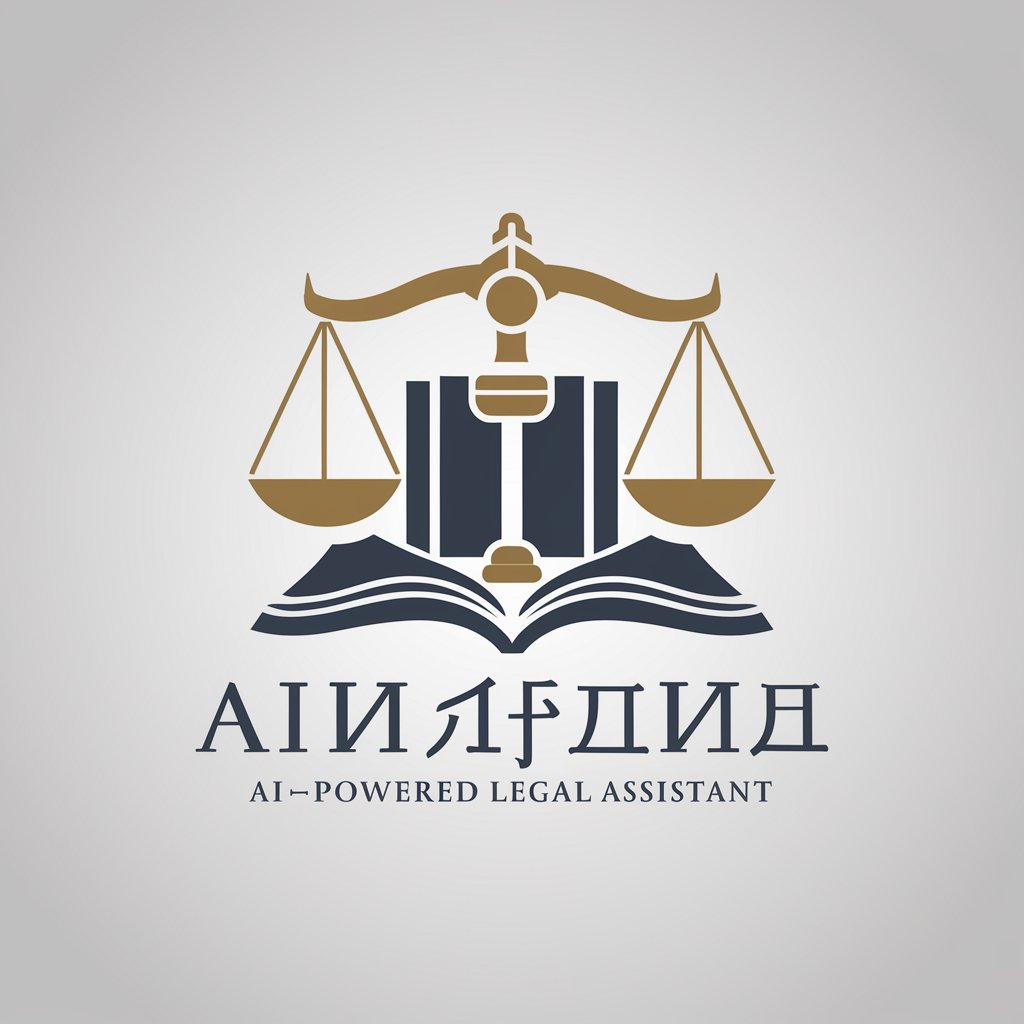
生成AI導入可能性評価
Optimize your industry with AI
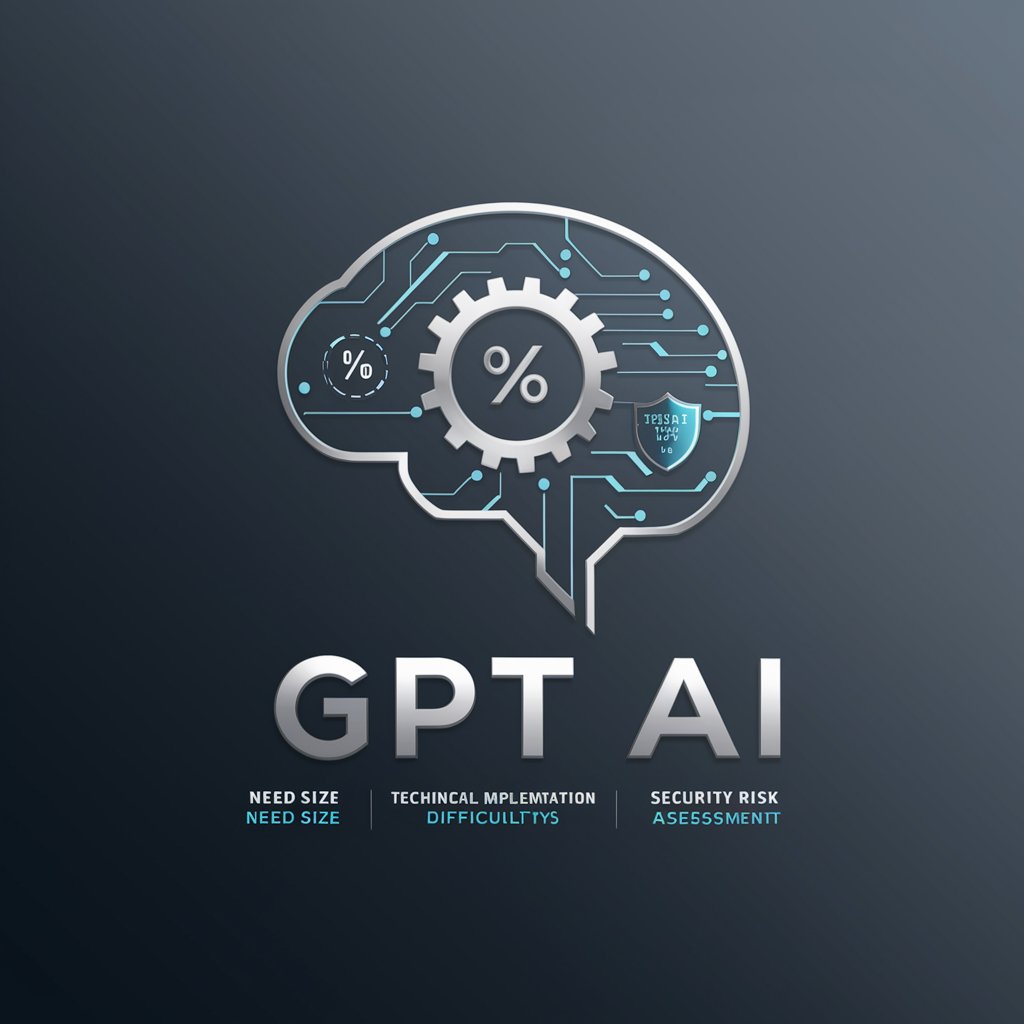
松樹導師
Empowering your trading with AI-driven Pine Script learning.
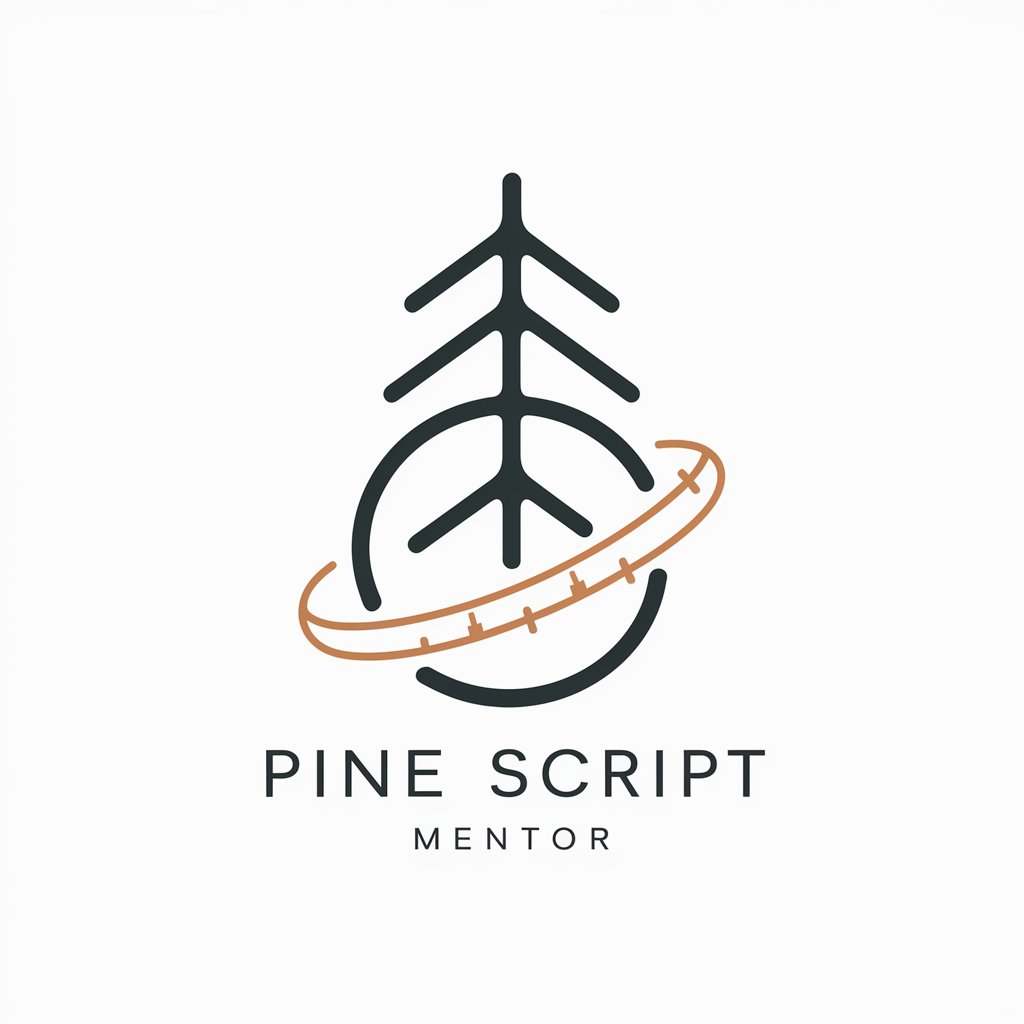
Frequently Asked Questions
What are Adverse Childhood Experiences (ACEs)?
ACEs are traumatic events that occur during childhood, including abuse, neglect, and family dysfunction, which can impact long-term brain development and health outcomes.
How does ACE impact brain development?
Research, notably by Dr. Martin Teicher, suggests that ACEs can lead to alterations in brain development which may result in emotional disorders, learning issues, and impaired memory in later life.
Can I use this tool to get a diagnosis?
No, this tool is for educational and informational purposes only. It is not designed to diagnose or treat any conditions. Always consult with a healthcare professional for medical advice.
What can I learn from analyzing my ACE results?
By understanding your ACE score and the specifics of your experiences, you can gain insights into potential risks for health issues and consider preventive measures or therapies.
Are the results confidential?
Yes, your results and personal information remain confidential. This platform is designed to ensure user privacy and data protection.

